I am re-posting this video clip with Andre Rommeler who will be one of the guest speakers at next week’s webinar to launch FairWild Week! You can register for this webinar here.
A Conversation with Andrea Rommeler from Martin Bauer Group
We spoke with Andrea Rommeler who works in the purchasing department at Martin Bauer Group at the BioFach trade show. Andrea works with Martin Bauer Group’s raw material partners to develop systems for documenting their practices for wild harvesting or growing medicinal plants.
In this video clip, Andrea speaks of the tension between standardization and diversity in sourcing medicinal plants in the botanical industry. In the selections from our conversation below, she talks more about sustainability in the context of her work.
Read more about Martin Bauer Group and their Sustainability Practices.
Sustainability in Sourcing Raw Materials
Ann: What does sustainability mean in concrete terms in your work?
Andrea: It has different aspects. I’m a biologist, and so of course, the first part is the ecological part. So in the field, I’m looking at the plant. Where does it grow? How big is the population? Then people show me how they are collecting, and I look at their methods. How do they harvest the plants? What parts of the plants do they collect? And what other things do they do while they harvest? I look at whether any harm is done to the plant.
Then, we assess the size of the population and how much we want to source, and we see if that is in balance. If this is okay, we can buy this material. This is the ecological part.
Economic Sustainability
Next, we consider the situation of the people working in the supply chain. In many cases, they are rather poor people living in remote areas. They often don’t have much access to the market. They don’t have much access to other jobs beside their own farm. Collecting herbs is a way for them to stay in this region, which in most cases they would prefer because it is the place of their ancestors. Their families are there. And it’s often very beautiful. So they want to stay there if there is the possibility of making a living.
And so we look at that situation and see if we can offer some help or ask if there are things we can do to make it interesting for them to work for us. We work to get to know each other so that we can trust each other. And we try to negotiate on the same level, not from top down. This is also part of sustainability.
And finally there is economic sustainability. Our company depends on sales and the people we work with also want to make a living. And so we need to able to be economically sustainable as well.
Why Address Sustainability?
Ann: This kind of engagement in the communities requires a significant investment of time and resources. What does it take for Martin Bauer to continue to invest in sourcing sustainability?
Andrea: So this is about the market demand. We need customers who are interested in products that are sustainably sourced. Our own certified sustainable sourcing standard mabagrown® is of course one option. These products are obviously more expensive. It takes a lot of effort to ensure sustainability in a supply chain.
Ann: Are many companies asking for verification that raw material be sustainably sourced?
Andrea: Companies are increasingly asking for products from sustainable sources. And this encourages us to stick to the path that we chose many years ago, also by developing our own sustainable sourcing standard mabagrown®. We were as well one of the companies or organizations that joined the FairWild standard and helped develop the standard really early. We are quite happy because we learned a lot in the process and are now able to offer this to our customers. And they appreciate that. And I think that’s the future.
What is a Company’s Responsibility?
Ann: Why is it important that companies address sustainability?
Andrea: For two reasons. I think companies should address the topic of sustainability for their own interest. Because if you want your business to be there in twenty years, you need to take care of the resources that your business depends on.
And on the other hand, with all the news about climate change, loss of biodiversity, and how difficult it is becoming for people to survive, everyone has a responsibility. And I think most people want the companies they work for to take on that responsibility. They want to work for a business that is taking care about the future.
What is the Consumer’s Responsibility?
Ann: What is the responsibility of the consumer?
Andrea: I think if you ask many people, they of course say they care about nature. They don’t want the world to be destroyed by humans. And they also want to enjoy the landscape, have clean water, and good, healthy food. But they also always should be aware of the role that they’re playing and as consumers they have some responsibility.
If you care about biodiversity and supporting sustainability, but you keep buying things produced by companies that really don’t care . . . Well, it is understandable that people only look at price, but okay, maybe if you do only buy the cheapest thing, you will end up paying in the long run. And so I think it is important if you buy products, to keep these things in mind. And hold out for products that at least try to find a way to preserve biodiversity and the environment and maybe even to make these things better.

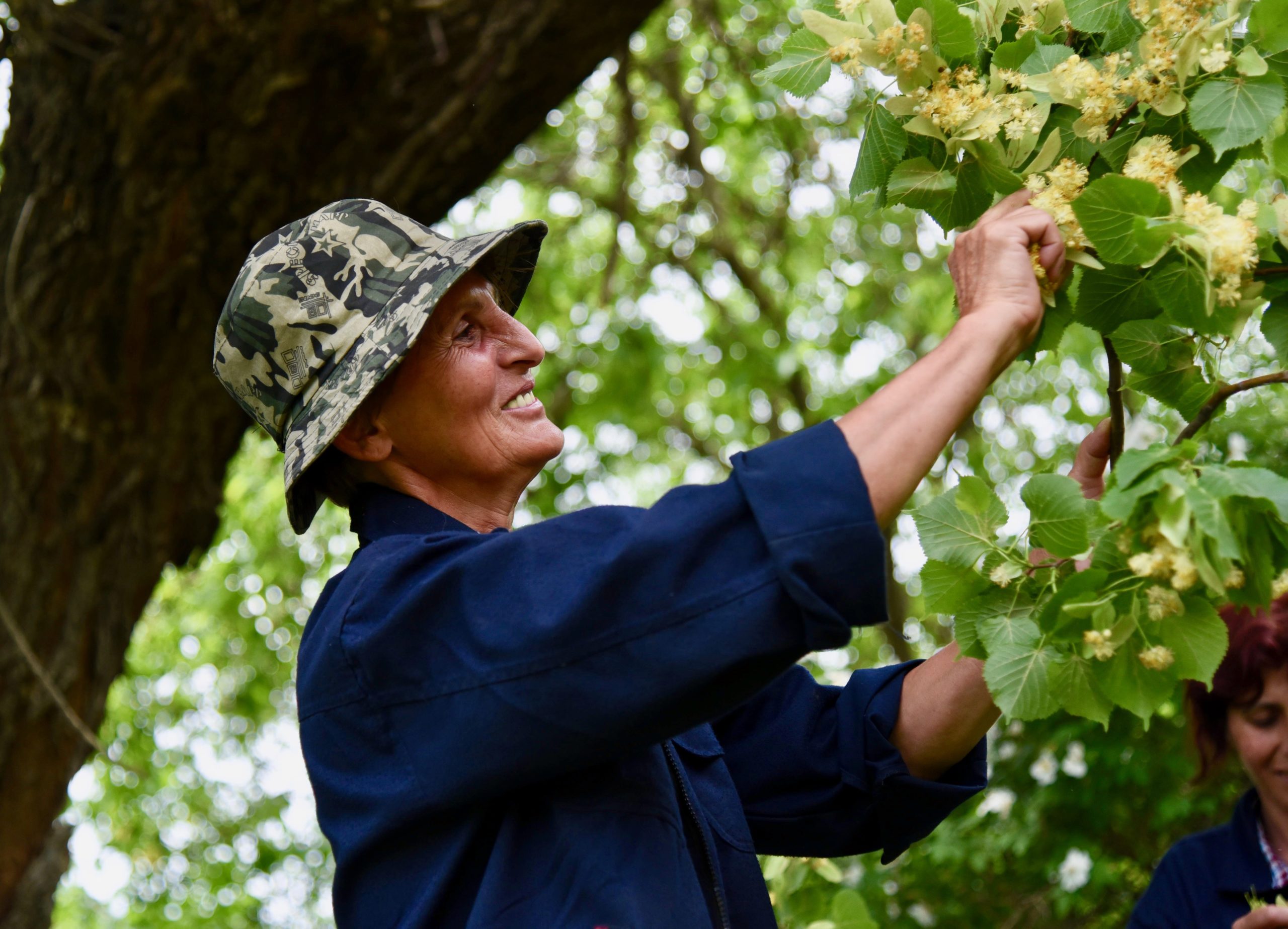

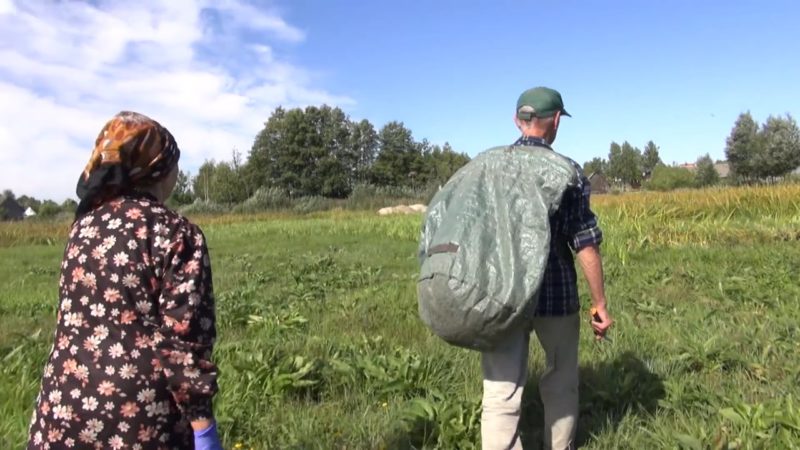
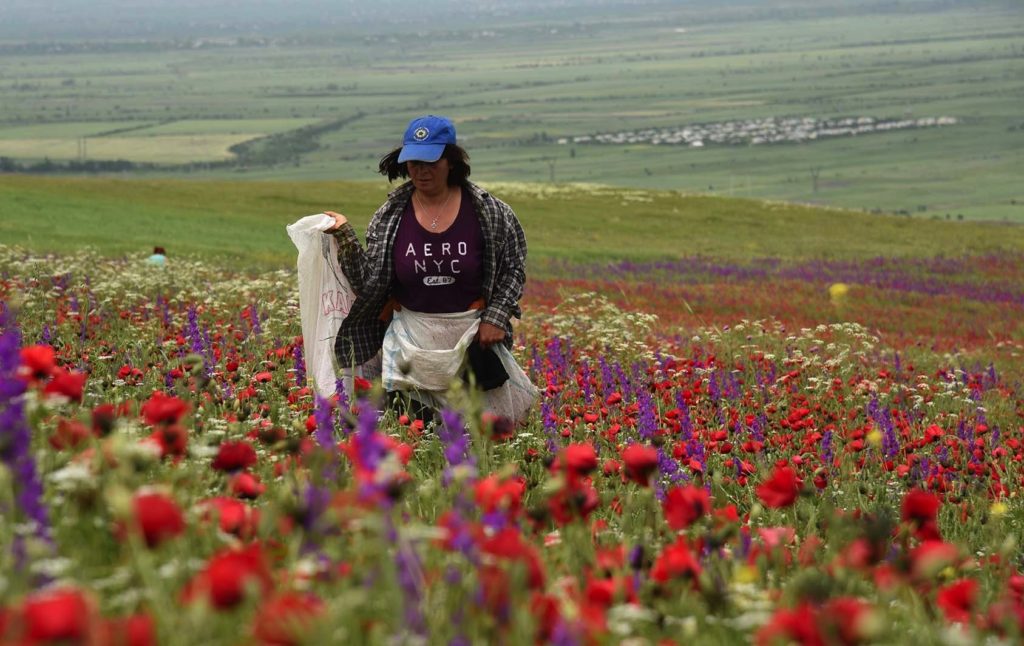
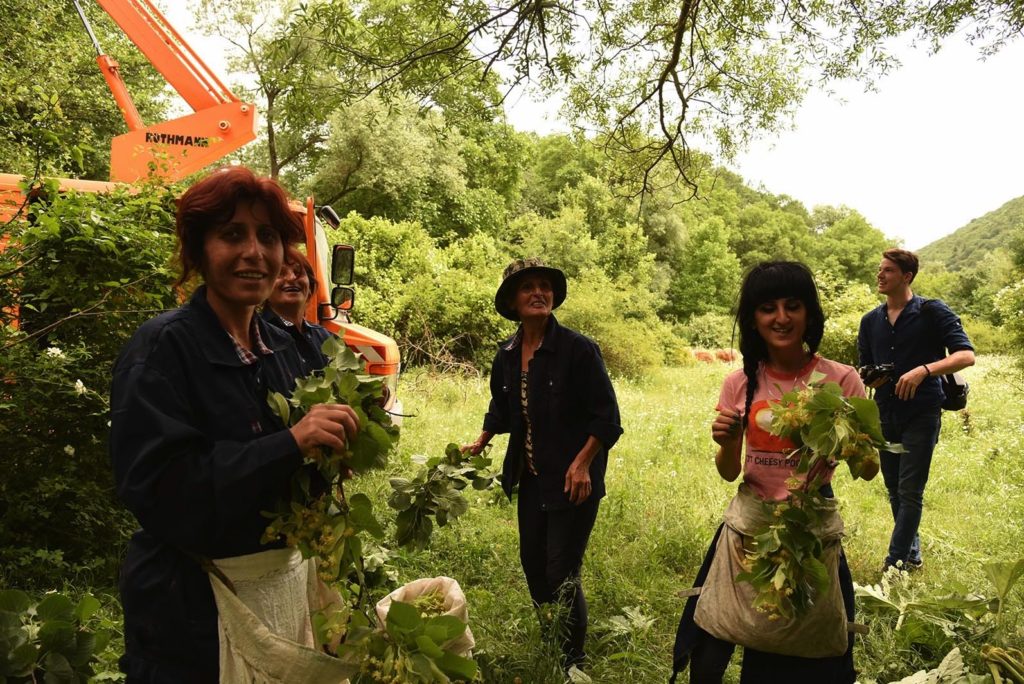
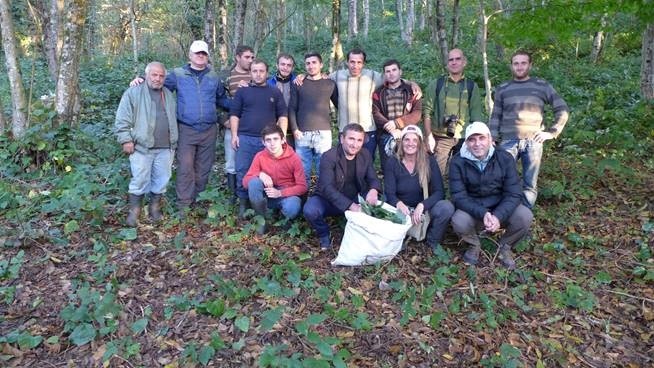
Comments